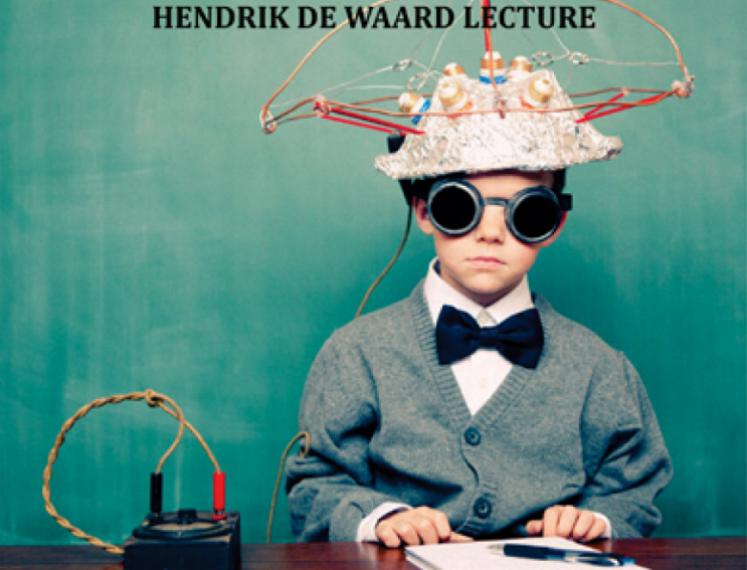Brain Reading
Is it possible to predict what a person is thinking of - or even what they are planning to do - based alone on their current brain activity?
Can we predict what someone is thinking? Recent advances in human neuroimaging have shown that it is possible to decode a person‘s conscious experience based on MRI measurements of their brain activity. Such ‘brain reading’ has mostly been studied in the domain of visual perception, where it helps reveal the way in which individual experiences are encoded in the human brain. It is also possible to decode simple mental states, even if they do not reach conscious awareness (subliminal perception). But even high-level mental states, such as intentions, can be decoded with reasonable accuracies. To some degree, we can even predict people's free choices several seconds before they believe to be making up their mind. There are also several potential applications, such as the prediction of purchase decisions for consumer products. What are the fundamental scientific challenges to advance our ability to read someone’s brain?
John-Dylan Haynes studied Psychology and Philosophy and was awarded his PhD, summa cum laude, in Psychology at the University of Bremen. After several research positions in both the United Kingdom and Germany, he became group leader at the Max Planck Institute for Human Cognitive and Brain Sciences in Leipzig. Today professor Haynes is director of the Berlin Center for Advanced Neuroimaging and professor at the Bernstein Center for Computational Neuroscience, Charité - Universitätsmedizin Berlin. Professor Haynes is an expert in using MRI scanning technology in determining the inner workings of the human brain, he searches for the neurological foundations of human traits as decision making and free will.
This lecture is organised by the Hendrik de Waard Foundation in cooperation with ScienceLinx and Studium Generale Groningen. The Hendrik de Waard Foundation was founded after the retirement of the late professor of physics Hendrik de Waard in 1987. Annually, the foundation organises a lecture to inform and intrigue the general public about recent developments in science. For more information: www.hdw.fmf.nl or email hdw@fmf.nl.
Interesting links
Website Hayneslab
Video It Sounds Like You’re Talking About Mind Reading






